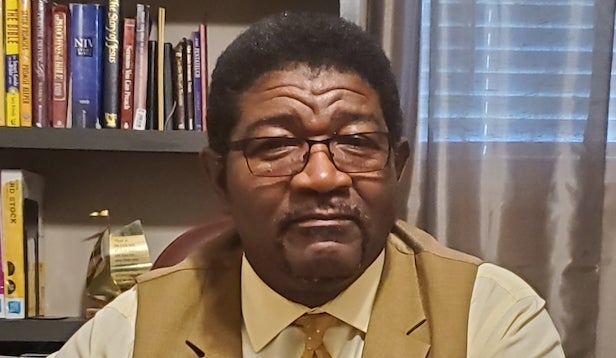Beyond social justice, but not too fast
Published 4:52 pm Friday, March 6, 2020
|
Getting your Trinity Audio player ready...
|
JACOB KINES
For many Christians and people of goodwill, addressing personal “sin” or morality is not comprehensive enough to remedy the social ills that plague society. One may not “drink, nor chew, nor hang out with those who do,” but a person can and usually is unwittingly complicit in systemic injustices including legal discrimination and often exclusion based on race, nationality, sexual orientation and other particulars of birth. Moving beyond personal ethics, then, many have recognized the need to work toward social justice. But does social justice go far enough?
Social justice can be legislated, and it can even be coerced if necessary. For example, in Brown vs. the Board of Education (1954), the Supreme Court ruled that “separate educational facilities are inherently unequal,” placing racial minorities at a disadvantage. “De-segregation,” then, was a step toward reconciliation. Without desegregation, reconciliation would not be possible, but desegregation and integration (reconciliation) are not synonymous.
Reconciliation, like love, cannot be reduced to sentiments or feelings. People in places of privilege often want to bypass social justice and move straight to reconciliation. Protesting that they do not possess feelings of prejudice against those who are systemically discriminated against, people in places of privilege and power absolve themselves of any responsibility for systems that include and benefit some at the expense and exclusion of others. Reconciliation, properly understood, includes but goes a step further than social justice.
Desegregation can be legislated, but reconciliation cannot. Reconciliation is actualized when we are compelled by the unenforceable power of love to treat one another with justice, which includes freedom, equality, dignity and respect. So, rather than being coerced from without, reconciliation is fulfilled when we are compelled by the force of love from within to do whatever is necessary to restore injured or fracture relationships. Inspired by love, a reconciled world is one in which all of God’s children enjoy justice and love.
Justice + Love = Reconciliation
“All this is from God, who reconciled us to himself through Christ, and has given us the ministry of reconciliation” — 2 Corinthians 5:18.
Jacob Kines is a resident of Washington Park.





